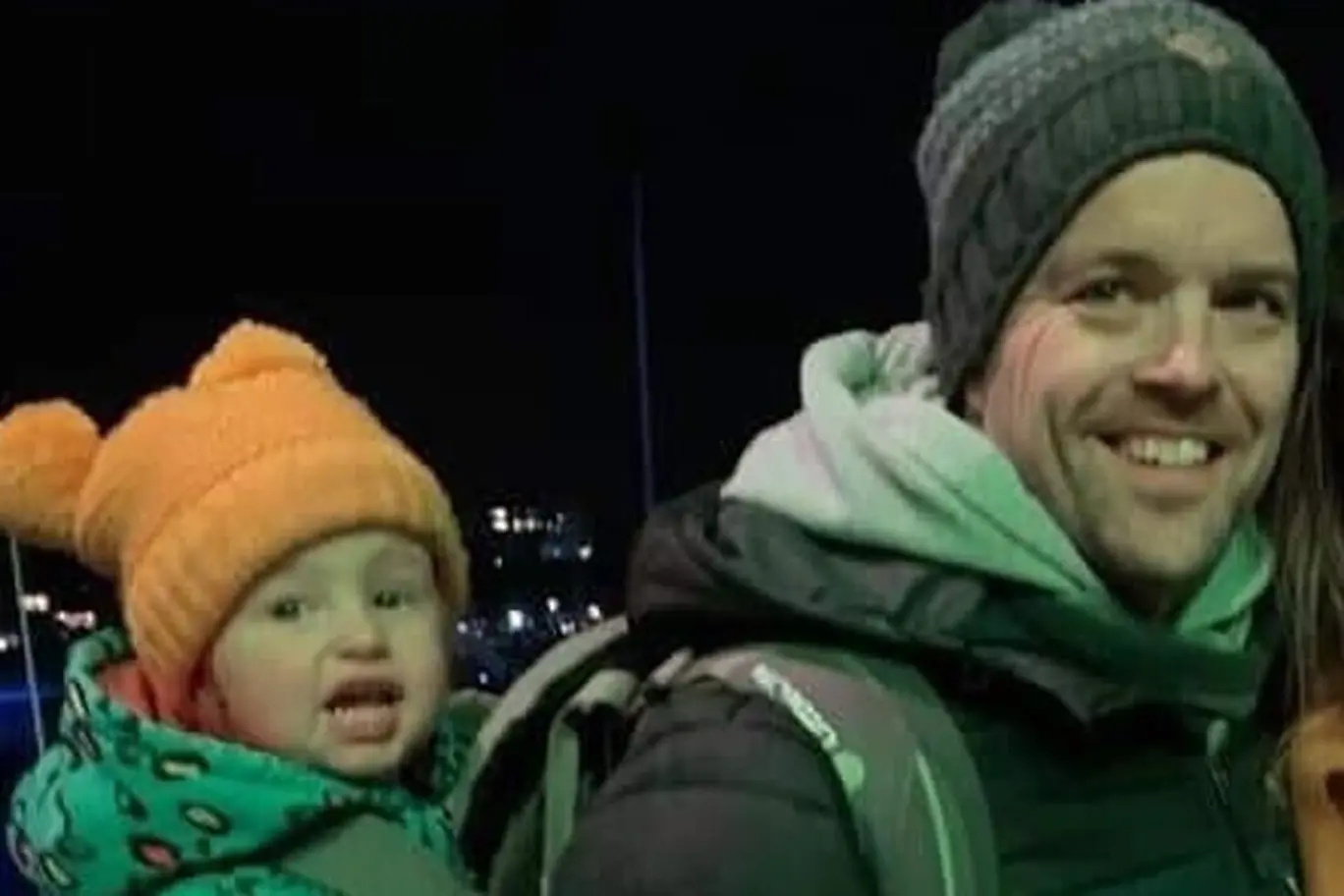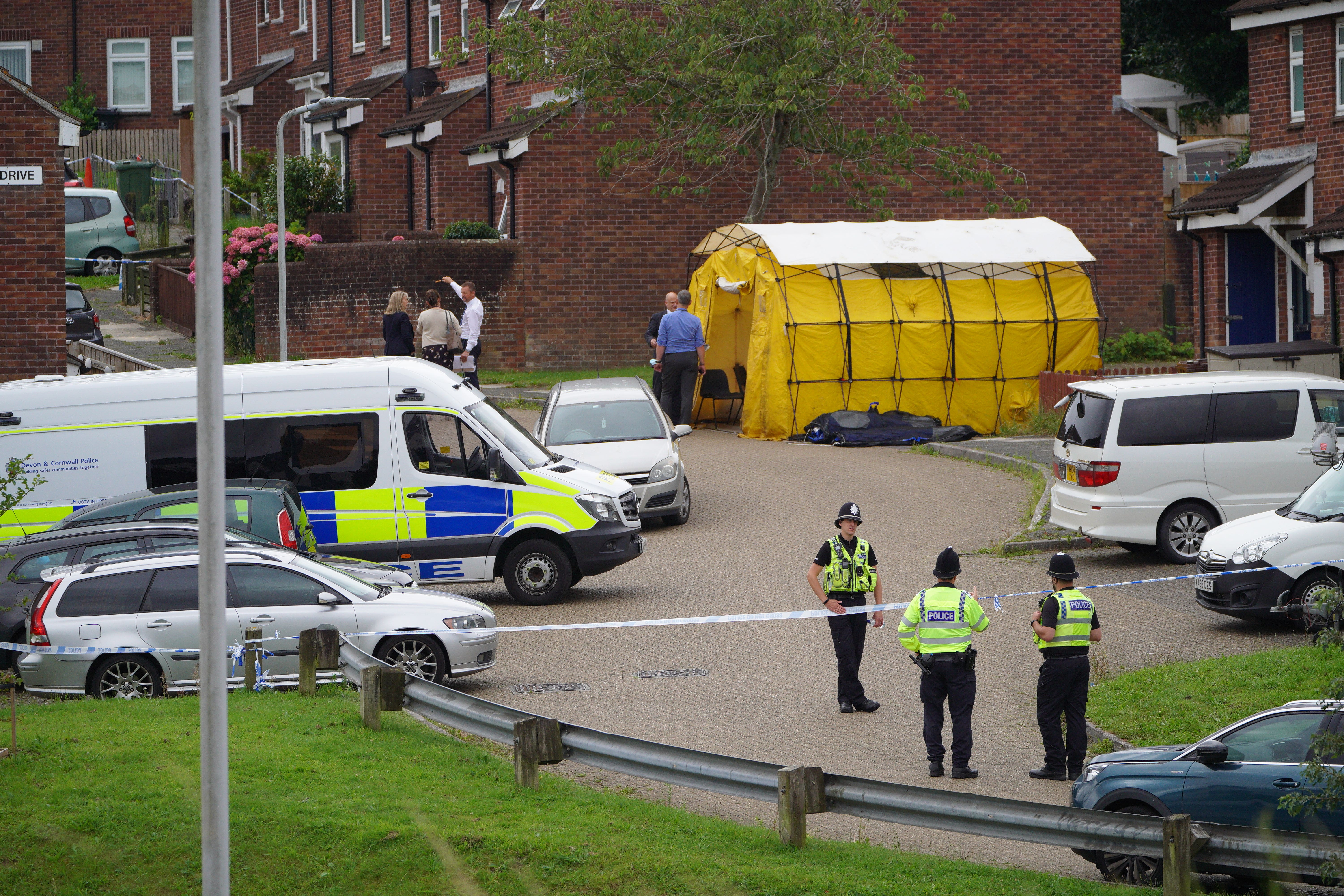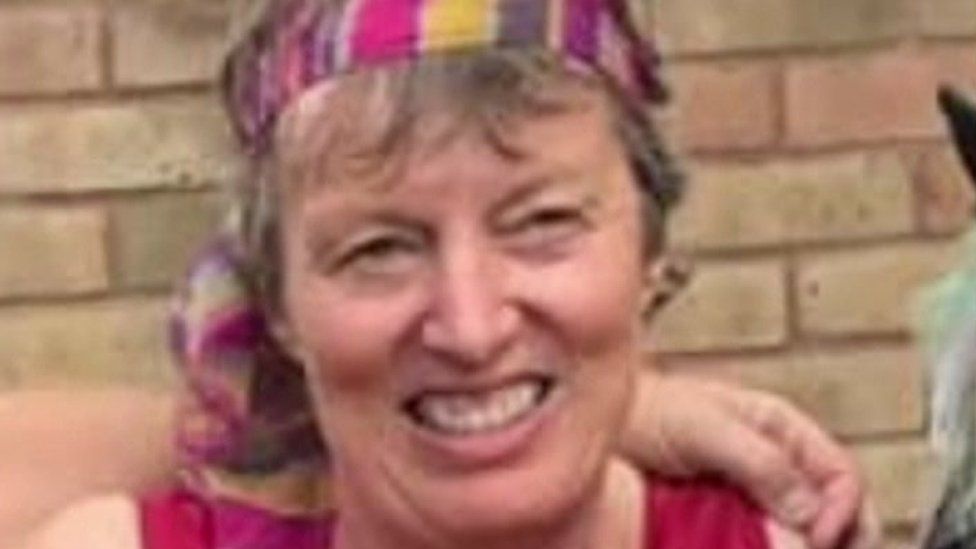
A “complete overhaul” of firearms licensing in Britain is needed to stop the “catastrophic” failings that let Plymouth shooter Jake Davison obtain the weapon he used to murder five victims, their families have said.
An inquest jury condemned a series of decisions by Devon and Cornwall Police that contributed to the 22-year-old’s rampage on 12 August 2021, which was the UK’s worst mass shooting in over a decade.
Davison, who showed an interest in incel culture, murdered his mother before roaming the streets with a pump-action shotgun and killing a three-year-old girl, her father and two other passers-by.
Following the five-week inquest into his victims’ deaths, jurors concluded that they happened because Davison was allowed to legally own a shotgun, following “serious failures” in the granting of his licence.
The Independent Office for Police Conduct (IOPC) has launched a criminal investigation into Devon and Cornwall Police over a “potential corporate failing” under health and safety laws.
But the inquest jury concluded that the errors were linked to failings by the government, Home Office and College of Policing to implement national changes recommended after the 1995 Dunblane school massacre.
A report called for an accredited training regime for “firearms enquiry officers” (FEOs), who are responsible for assessing licences and conducting background checks, but it was not set up.

“A lack of national accredited firearms licensing training has and continues to fail to equip police staff to protect the public safety,” jurors said.
They warned that budget limitations and staff shortages within Devon and Cornwall Police had “increased the probability of risk being incorrectly assessed” and “led to unsafe licences being issued”.
“These limitations were not confined to Devon and Cornwall Police but also existed at a national level,” the written verdicts added.
Chief constable Will Kerr said that Davison should never have been allowed a shotgun licence and said he was “truly sorry” for the force’s failure to protect the public.

But he called for greater clarity and direction on firearms licencing nationally, adding: “Currently we are faced with 43 police forces independently interpreting discretionary guidance from a law created in 1968 … had there been clearer national guidance, direction and specific legislation concerning firearms licensing, decision-making locally may well have been very different.”
The victims’ families said Davison’s evil had been “enabled by a series of failings and incompetence from the people and organisations that are supposed to keep us safe”.
A joint statement, read by their solicitor Patrick Maguire, said: “We now want seismic change and a complete overhaul of the firearms licensing system and legislation in England and Wales.
“The current system and any perceived changes since this attack does not reassure us. It should not reassure the public.
“We hope that change can come so no other family has to endure the torment of what we have been, and still are, going through.”

Davison was granted a shotgun licence in January 2018, despite what the inquest jury described as an “absence of medical information and known history of assaults and the intelligence suggesting involvement in other violent episodes”.
After he attacked a teenage boy and girl in a skate park in September 2020, the licence was reviewed but his shotgun was returned in July 2021 – just over a month before the shooting.
The inquest jury said there was a “catastrophic failure in the management” of the responsible unit, and a “lack of scrutiny and professional curiosity at all levels” leading to staff “defaulting” to granting licences to people who should not have guns.
Davison’s social media posts showed that he had engaged with the incel movement, which has already been linked to several mass shootings in the US and Canada.

Short for “involuntary celibate”, the term describes a loose online movement for men who believe they are unable to have romantic or sexual relationships with women.
A separate inquest into Davison’s death will further probe his ideology and the extent to which it affected his actions, and proceedings have already revealed that he had been reported to the Prevent counterterror programme by his mother.
Police did not declare the Plymouth shooting a terror attack, because they believed that Davison was primarily driven by mental health issues and personal grievances, rather than a “political, religious, racial or ideological cause” that would meet the UK’s legal definition of terrorism.
A firearms licensing supervisor who failed to ensure Davison was correctly risk assessed received a written warning following a misconduct hearing, while a FEO who reviewed his licence following the 2020 park attack faced no action because they retired.

IOPC regional director David Ford said the watchdog had liaised with the Home Office over “recommendations at a national level” to inform improved firearms licensing arrangements and guidance.
“It is vital that meaningful change is implemented to help police personnel responsible for firearms licensing make safe and sound decisions,” he added. “Those changes are aimed at reducing the risks of a tragedy like this happening again.”
Ian Arrow, senior coroner for Plymouth, Torbay and South Devon, will be preparing a preventing future deaths report with recommendations for change.
A Home Office spokesperson said: “Our thoughts are with the loved ones of Maxine Davison, Lee and Sophie Martyn, Kate Shepherd and Stephen Washington. “This was a devastating tragedy and we thank the coroner for their investigation. “Once received we will reflect on the coroner’s report, including any recommendations, and respond in due course.”







